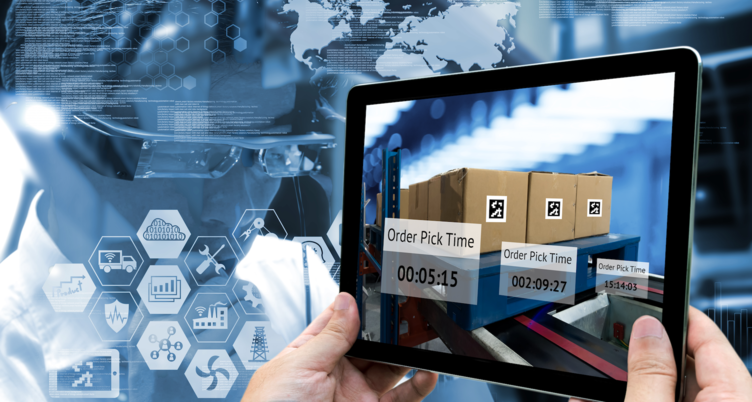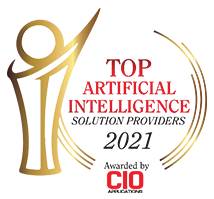
Trusted Data: What is It and Why is It Important to the Agriculture Supply Chain?
In the intricate web of the agricultural supply chain, the veracity and reliability of information play a pivotal role. “Trusted data” emerges as the cornerstone in this dynamic, referring to data that is not only accurate and authenticated but also ensures the transparency, security, and efficiency of processes from seed to supermarket. As consumers grow increasingly conscious about the origin and handling of their food, and as environmental concerns escalate, the significance of trusted data in the agriculture sector has never been more pronounced. Here’s a deeper dive into what this entails and why it’s fundamental in today’s agri-business landscape.
What is Trusted Data?
In the context of the agriculture supply chain, “trusted data” refers to data that is reliable, accurate, and authenticated. This data is critical in ensuring the integrity, transparency, and efficiency of the supply chain from farm to table. Here’s a breakdown of what trusted data means in this context:
- Reliable and Accurate: Data should represent an actual event or situation without being misleading. For example, if a certain quantity of crops was sprayed with a particular pesticide, the recorded data should accurately reflect the same quantity and pesticide type.
- Authenticated: The sources of data should be verifiable. This is particularly significant in scenarios where data is used to validate the origin of agricultural products or verify claims about organic, non-GMO, or other specialty farming practices.
- Timely: Data should be captured and made available in real-time or near real-time, especially when decisions based on this data impact the freshness, quality, or safety of agricultural products.
- Consistent: Regardless of where or when the data is captured in the supply chain, there should be a standard method or format in which it’s recorded.
- Secure: Given the sensitivity of some agricultural data (like proprietary farming practices or trade secrets), it’s important to ensure that data is stored securely, with access limited to authorized personnel.
- Comprehensive: For a clear picture of the supply chain, the data captured should be holistic, covering all relevant facets from soil health, water usage, and inputs (like fertilizers and pesticides) to post-harvest handling, transportation, and even retail shelving.
Why is Trusted Data Important?
- Traceability: As consumers become more health-conscious and interested in the origin of their food, there’s a growing demand for complete traceability in the food supply chain. Trusted data helps map a product’s journey from the farm to the consumer’s plate.
- Safety and Quality Assurance: Reliable data can help quickly identify sources of contamination or quality issues, enabling faster responses in case of recalls.
- Sustainability and Environmental Practices: As there’s a global push towards sustainable farming practices, trusted data can help validate claims about water conservation, carbon footprints, or other eco-friendly practices.
- Operational Efficiency: With accurate and timely data, stakeholders can make informed decisions, optimize resource allocation, and reduce wastage.
- Market Access and Premium Pricing: Producers who can verify their claims about organic, non-GMO, or other premium farming practices can access niche markets and potentially command higher prices.
To ensure the trustworthiness of data, various technologies like artificial intelligence, blockchain, IoT, and advanced analytics are being used to capture, verify, and share data across the agriculture supply chain.
About dFarm
dFarm’s Trusted Data Distributed ERP/SCM solutions collect deep data from every step in the food journey to market, providing one source for whole chain trusted data that powers predictive analytics, real-time monitoring, and intelligent forecasting and elevates transparency, efficiency and productivity. dfarminc.com




